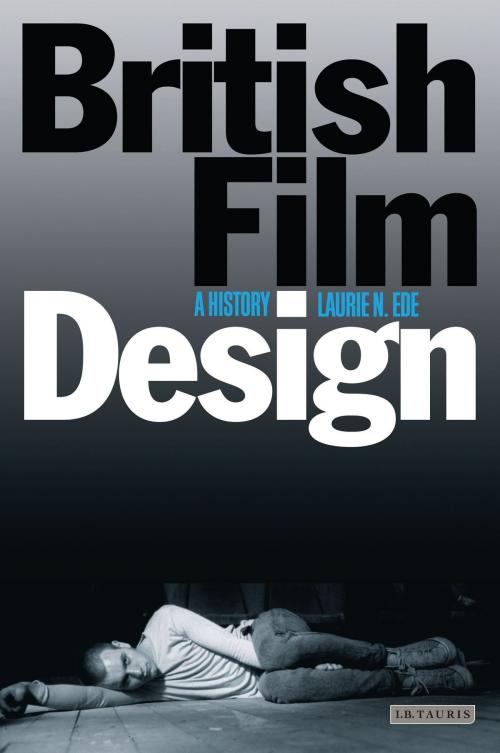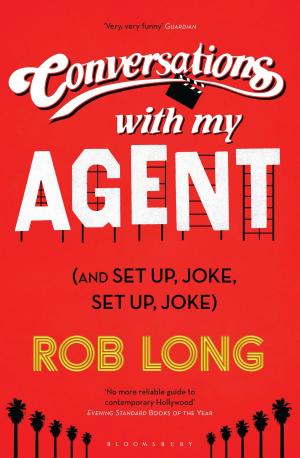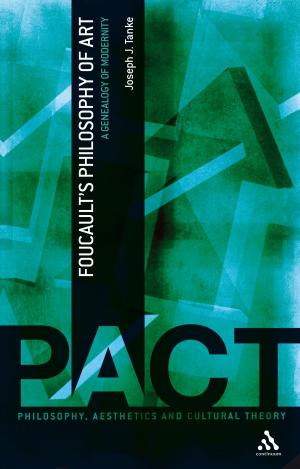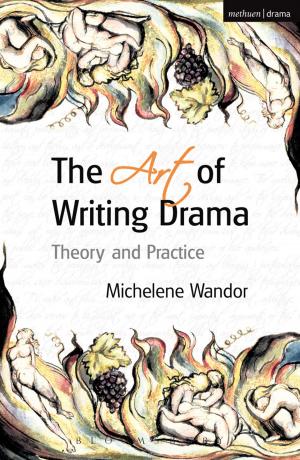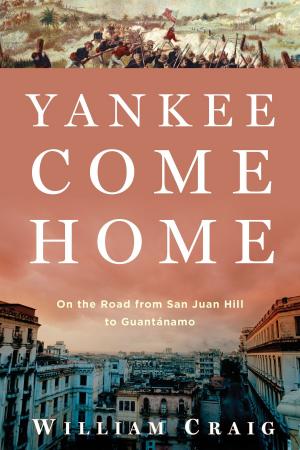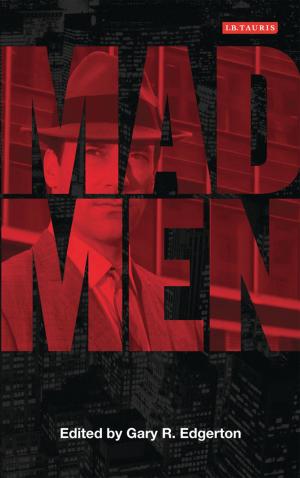British Film Design
A History
Nonfiction, Entertainment, Film, Direction & Production, Performing Arts| Author: | Laurie N. Ede | ISBN: | 9780857732156 |
| Publisher: | Bloomsbury Publishing | Publication: | March 30, 2010 |
| Imprint: | I.B. Tauris | Language: | English |
| Author: | Laurie N. Ede |
| ISBN: | 9780857732156 |
| Publisher: | Bloomsbury Publishing |
| Publication: | March 30, 2010 |
| Imprint: | I.B. Tauris |
| Language: | English |
British Film Design' is about the things that you see when you close your eyes and think of British cinema. It is about Dr No's hideaway, the ballet of The Red Shoes, the buffet of Brief Encounter, Vera Drake's parlour, Hogwarts School … and a thousand other visions of British films. Moreover, 'British Film Design' is about the people who have created those visions.
The physical environments of films are made by Production Designers, otherwise known as Art Directors. Their efforts have tended to go unnoticed by cinema audiences. 'British Film Design' addresses thistendency by offering the first comprehensive historical survey of British art direction.
The book takes a chronological journey through British film design, starting with the efforts of the film'primitives' of the silent era and ending with the modern-day purveyors of part built/part computer-generated 'blended design'. Certain themes recur en route. These include British cinema's obsession with realism (its 'Lumieres Complex'); the Production Designer's continual struggle for recognition; influence from European artists; and the benefits -and perils -of American finance.
More than anything, British Film Design expresses the joy of looking at films from inside out; seeingbeyond the stars to recognise sets as silent players in the action.
British Film Design' is about the things that you see when you close your eyes and think of British cinema. It is about Dr No's hideaway, the ballet of The Red Shoes, the buffet of Brief Encounter, Vera Drake's parlour, Hogwarts School … and a thousand other visions of British films. Moreover, 'British Film Design' is about the people who have created those visions.
The physical environments of films are made by Production Designers, otherwise known as Art Directors. Their efforts have tended to go unnoticed by cinema audiences. 'British Film Design' addresses thistendency by offering the first comprehensive historical survey of British art direction.
The book takes a chronological journey through British film design, starting with the efforts of the film'primitives' of the silent era and ending with the modern-day purveyors of part built/part computer-generated 'blended design'. Certain themes recur en route. These include British cinema's obsession with realism (its 'Lumieres Complex'); the Production Designer's continual struggle for recognition; influence from European artists; and the benefits -and perils -of American finance.
More than anything, British Film Design expresses the joy of looking at films from inside out; seeingbeyond the stars to recognise sets as silent players in the action.
